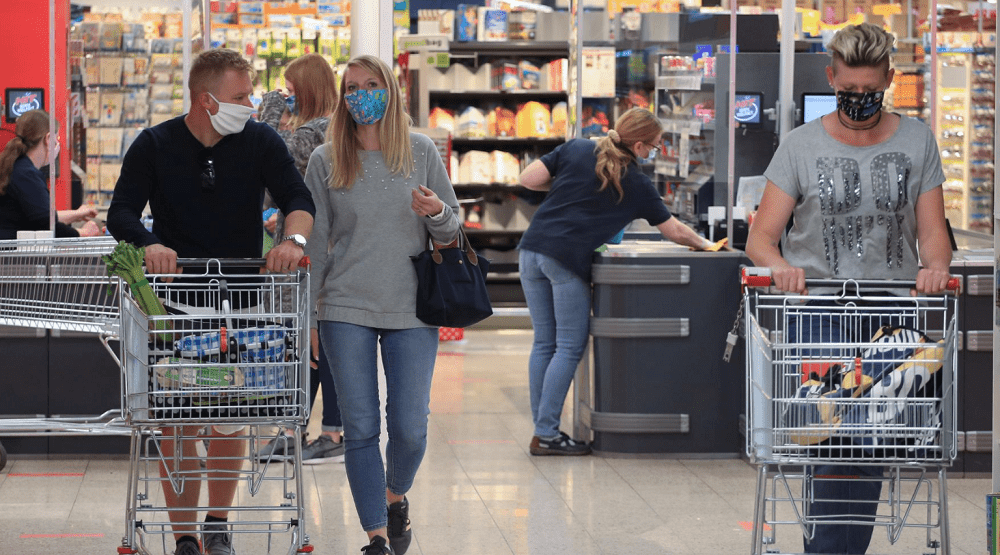German retail sales rose much more than expected in August and unemployment fell further in September, boosting hopes that household spending in Europe’s largest economy will power a strong recovery in the third quarter from the coronavirus shock. The upbeat data, released by the Federal Statistics Office and the Labour Office on Wednesday, came as rising infection numbers were clouding the growth outlook for the fourth quarter.

Chancellor Angela Merkel and Finance Minister Olaf Scholz have since March unleashed an unprecedented array of rescue and stimulus measures to help companies and consumers recover as quickly as possible from Germany’s deepest recession on record. The packages include unlimited liquidity aid for struggling companies, a massive job protection scheme to shield workers from sudden unemployment as well as cash handouts for parents and a temporary value added tax cut to boost domestic demand.
But figures released by the Federal Statistics Office on Wednesday showed retail sales jumped by 3.1% on the month in real terms in August after an upwardly revised drop of 0.2% in July. This easily beat a Reuters forecast of only 0.5%. Retail sales rose by 3.7% in real terms from a year ago, after an upwardly revised increase of 5.0% the previous month. Compared with February, the month before the COVID-19 outbreak in Germany, retail sales in August were 5.8% higher, suggesting the sector has already put the crisis behind it.
Demand was particularly strong for furnishings and household appliances with year-on-year increase of 8%. Online retailers continued to benefit from shifting consumer habits with a 23% jump in sales, which came at the expense of clothing and shoe stores which suffered a 10% drop. Business associations have warned that the pandemic is accelerating a structural transformation in retailing as consumers move online and away from small stores in cities.
The German economy contracted by 9.7% in the second quarter as household spending, company investments and trade collapsed at the height of the pandemic. The Ifo institute expects 6.6% output growth in the third quarter, then slowing to 2.8% in the fourth quarter. The government expects the economy to shrink by 5.8% this year, which would translate into a calendar-adjusted decline of 6.1% and the sharpest contraction since World War Two.
Strong German retail sales, falling unemployment raise recovery hopes, Reuters, Sep 30